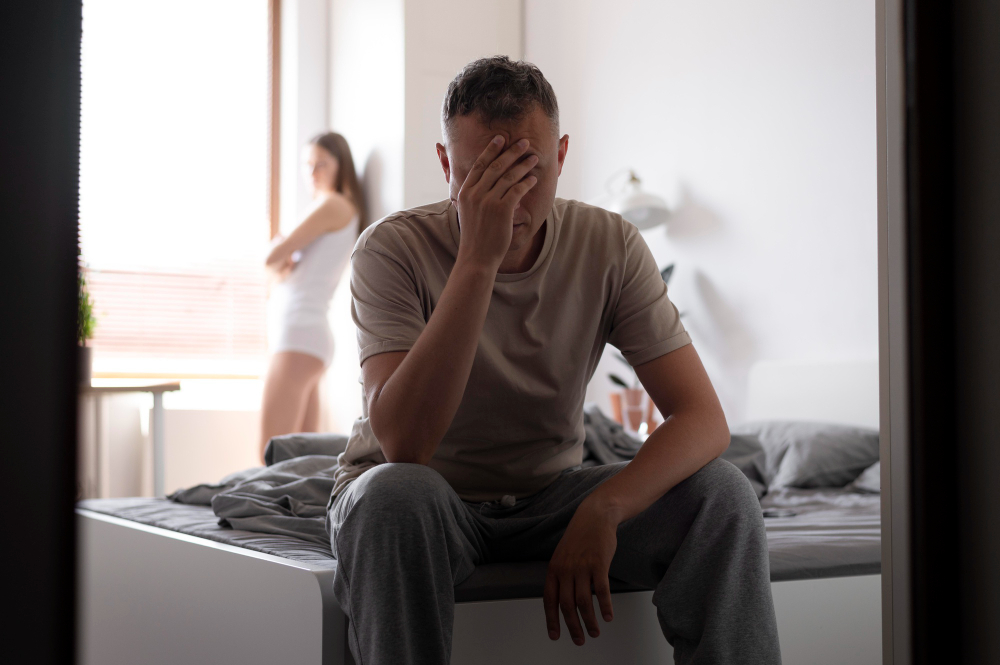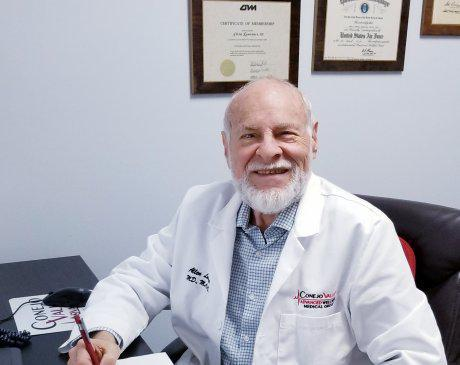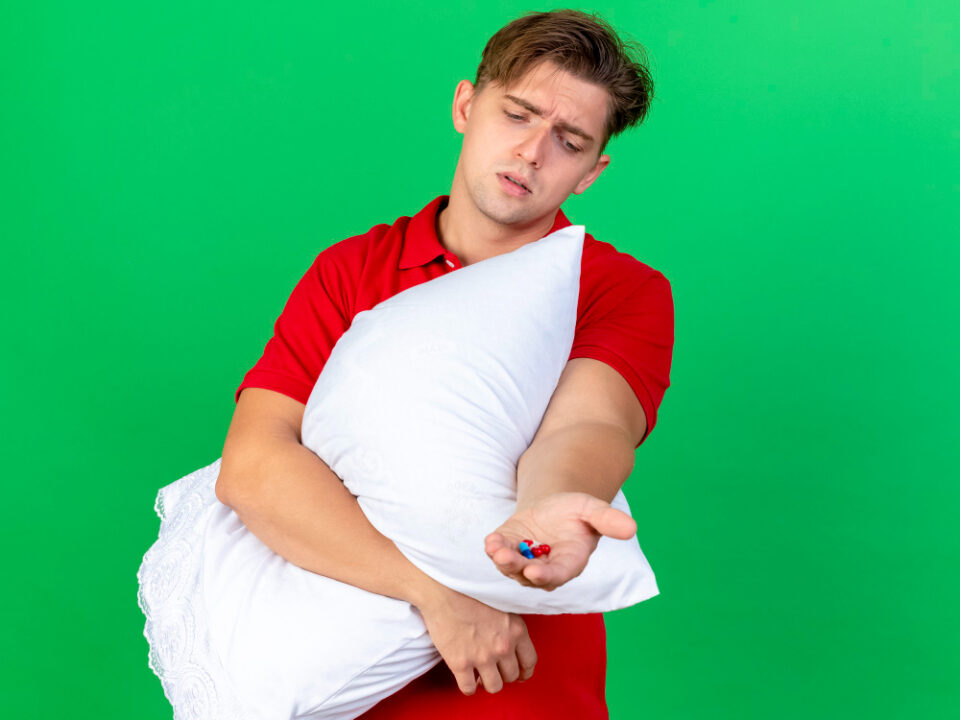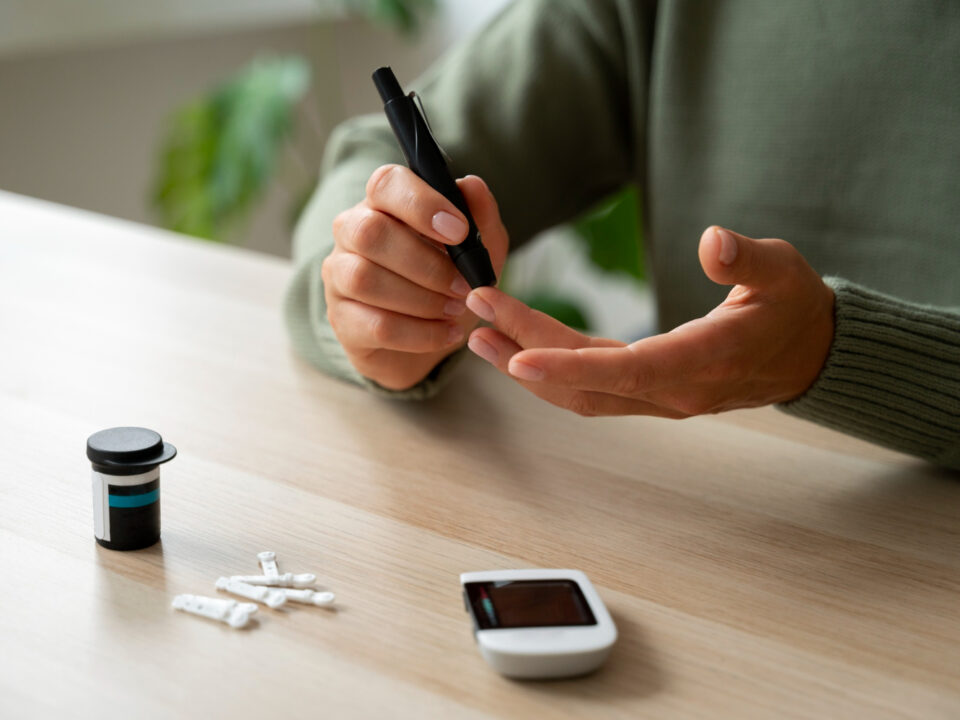- 21103 Vanowen St Woodland Hills, CA 91303 | Call us today!
- 310-879-9266
Role of Testosterone in Erectile Function

Testosterone, the primary male sex hormone, plays a crucial role in various aspects of male health, including sexual function. In this article we are doing to look at normal erectile function and how testosterone works to make it happen, support it and make it work best. We offer this information for two purposes. 1) So that you can have a sense of the amazing role testosterone plays in this function and 2) to better understand the relationship between testosterone levels and erectile function when diagnosing and treating erectile dysfunction (ED).
Anatomical and Physiological Steps from Arousal to Full Erection and Maintenance
Arousal (Psychological and Sensory Stimuli):
Arousal can be or is triggered most commonly in men relating to specific psychological stimuli, erotic thoughts, visual or auditory stimuli. Thinking About, seeing or meeting an attractive woman (or man) or by the occurrence of some sort of sensory stimuli, for example touching or being touched by someone who is attractive to you or who you fantasize or in the moment believe is attractive to you. Genital stimulation, being touched in the genital area or in or along an erogenous zone.
Neural Activation:
When you see, think of or are touched or stimulated by someone or something that arouses you the visual, auditory, touch or psychological stimuli is transmitted as a nervous system signal to your brain, which then responds and sends activation signal down your spinal cord to your pelvic nerves. During this process your Parasympathetic Nervous System is activated and triggers the releases of one or more neurotransmitters, most important of which is nitric oxide (NO) within the penile nerves.
Nitric Oxide (NO) Release:
As soon as NO is released from nerve endings within and around the corpus cavernosum, the NO stimulates the production of cyclic guanosine monophosphate (cGMP) within the smooth muscle cells of the corpus cavernosum.
Vasodilation:
The production of cGMP causes the smooth muscles in the walls of the arterioles supplying the corpus cavernosum to relax. This relaxation leads to vasodilation and increased blood flow into the corpus cavernosum.
Engorgement and Erection:
This increased blood flow fills the corpus cavernosum, causing it to swell and become rigid. The swelling compresses the veins that normally drain blood from the penis, reducing outflow and maintaining the erection.
Role of Testosterone:
While all of this is happening testosterone continues to maintain the triggering, increase and maintenance of the individual’s libido and sexual drive, all of which are necessary for initiating and maintaining the arousal process and sustaining the sexual exposure and erection. Testosterone helps regulate the enzymes involved in the cGMP pathway, hence enhancing the erectile response.
Maintenance of Erection:
Continued sexual stimulation maintains the release of NO and production of cGMP. Phosphodiesterase type 5 (PDE5) breaks down the cGMP. Testosterone modulates the activity of PDE5, helping to sustain cGMP levels and maintain the erection.
Erection Termination:
Post-ejaculation or cessation of arousal activates the sympathetic nervous system. PDE5 breaks down cGMP, leading to the contraction of smooth muscle and reduced blood inflow. Blood begins to drain from the corpus cavernosum, leading to detumescence (loss of erection).
Overview
Libido and Sexual Desire:
Testosterone plays one of the most crucial roles in normal erectile function of any other hormone or chemical within the male body. It acts by influencing several physiological processes that are vital for erection to occur and function normally. As you likely already know, its actions are pivotal in the development and maintenance of male sexual characteristics and libido. Testosterone facilitates the release of nitric oxide in the corpus cavernosum (There are two corpus cavernosum, each is one of a pair of sponge-like regions of erectile tissue that contain most of the blood in the penis during an erection), a process essential for initiating and maintaining an erection. Testosterone also regulates the function of the penile tissues and the vascular system, ensuring adequate blood flow to achieve and sustain a meaningful erection. Additionally, testosterone impacts the central nervous system, enhancing sexual arousal and desire. Low levels of testosterone can lead to erectile dysfunction, reduced libido, and other sexual health issues, underscoring its importance in male sexual health.
Mechanism of Erection:
An erection involves a complex interplay between the nervous system, blood vessels, and hormones, including testosterone. Adequate testosterone levels help ensure the proper functioning of these systems. Low testosterone levels can lead to decreased interest in sexual activity and reduce production of NO and hence prevent erection from occurring. This is often referred to as Erectile Dysfunction (ED).
Testosterone and Erectile Dysfunction (ED)
There are several potential causes for ED. Here we are particularly interested in ED caused by low or deficient testosterone levels sometime called, Hypogonadism. The most common cause for this is aging, men whose body have either decreased or stopped the production of testosterone. This can occur almost at any time even before puberty but for our cases most commonly states after 50 years of age, but as early as 25-40 years of age.
Other reasons for low or deficient testosterone are can include medical or injury: chronic illnesses (diabetes, obesity), use of certain medications (opioids, steroids), testicular injury or infection and Pituitary gland disorders. Some of the symptoms of low or deficient testosterone are: reduced libido, fatigue and decreased energy, depressed mood, loss of muscle mass and strength, increased body fat (weight gain, especially central obesity) and the erectile dysfunction itself.
Impact on Erectile Function:
While low or deficient testosterone can contribute to ED there is always the question as to whether this happens because the by libido has been lowering or because of impairment of physiological mechanisms involved in achieving and maintaining an erection. Once ED occurs the fact that it has happened along with the effects of low or deficient testosterone can and often does play havoc with the individual and his life. It can lead to self-image issues (Am I a man? Will may manhood ever return? What does this mean for the rest of my life?) and many other questions and fears. All of this may be worsened and exaggerated by the effects of the low or diminished testosterone as it affects him and his nervous system.
Testosterone plays a significant role in erectile function, and low levels of testosterone can contribute to ED. Understanding the anatomy and physiology can be helpful in dealing with and resolving ED issues. Most ED problem, especially in younger men can be solved by managing testosterone levels this should always be the first step in starting treatment get testosterone levels back to optimal normal levels.

Article by Dr. Allen Lawrence, M.A., M.D., Ph.D.




